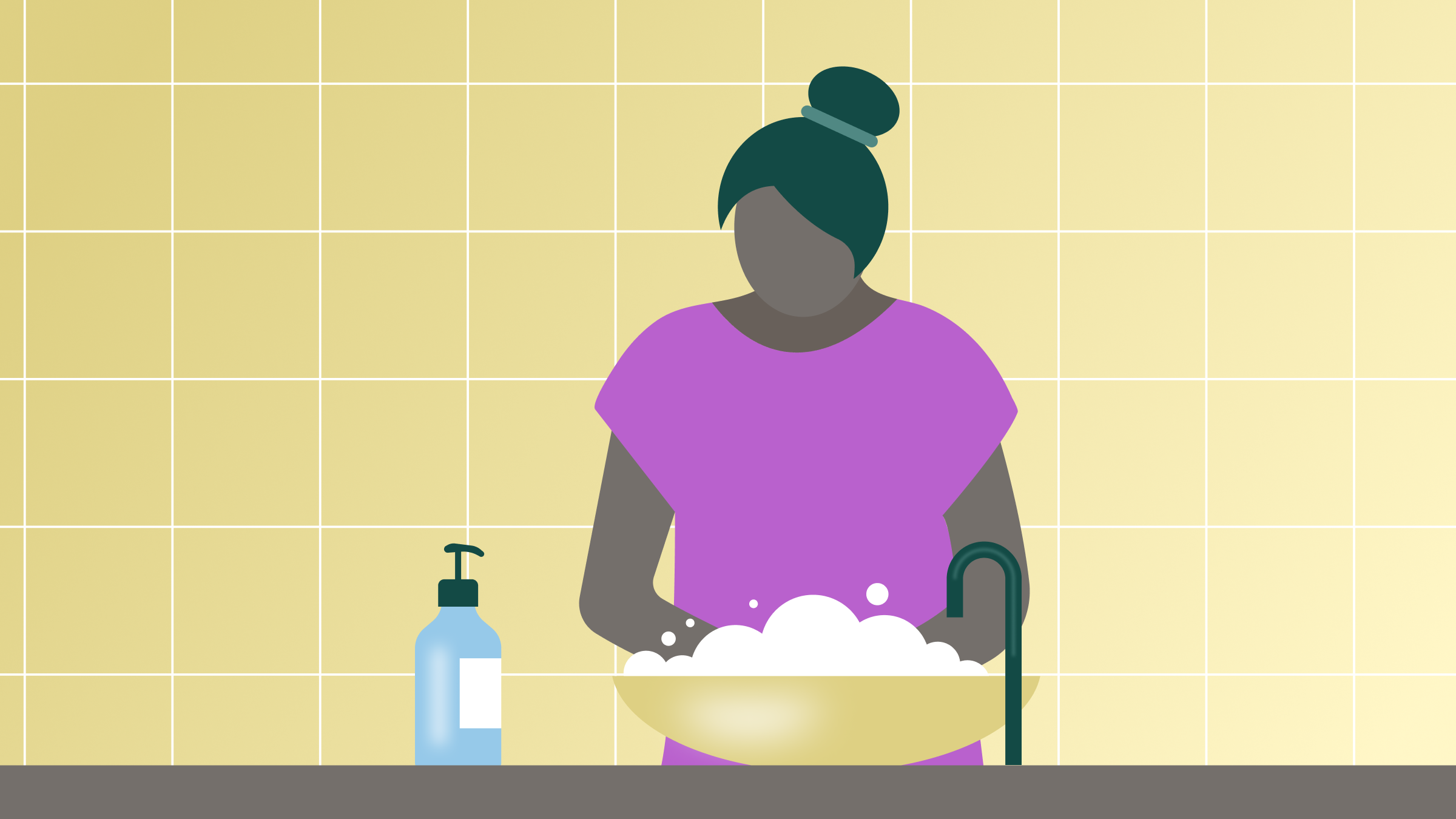The first step to finding identity-centered healthcare is believing you deserve it.
Being a person living with any chronic illness or pain is hard. For me, dealing with medical issues is a full time job. Finding the care I need and getting to appointments is an ongoing adventure. Navigating these issues as a TGNC person is even harder. It’s not just dealing with the fear and anxiety that we all have around medical news and visits. It means extra preparation and learning how to deal with being seen and treated as different. It also means becoming your own best advocate because you have different needs that don’t always align with what is considered the normal standard of care.
Having different needs is exactly why finding culturally competent care is so important. But don’t worry if you can’t find the perfect place or clinician right away. Not every appointment is going to be a great experience. That’s ok.
I have gone to appointments where clinicians can’t look me in the eye. Where they stare into the computer to avoid me, never ask me a direct question or don’t listen to the answer before cutting me off. I have overheard physician assistants preparing doctors for what I look like in the hallway before they see me. I have been ignored and disregarded. Not believed about symptoms and not trusted about what I need.
If one or more of these things has happened to you, don’t give up. It gets better. The biggest gift I ever got from all these negative experiences is finding out that I am my own best advocate.
So what do you do?
Here are some of the steps I have taken to find the safe and appropriate care I needed that you can use too:
- I told someone I trusted that I was struggling and needed support.
- I did my research online to find LGBTQIA+ friendly clinicians and/or clinics.
- I asked other safe people in support groups or friend groups for their recommendations.
- I kept showing up for the process even when it’s been uncomfortable.
- I complained at the front desk when I have had negative experiences.
- I learned to ask questions before, during and after my appointments.
- I’ve asked to have a support person with me for any exam or appointment.
- I’ve set up check-ins with a trusted friend or partner after appointments to debrief or decompress.
The best clinician I have worked with have certain things in common. The most important thing for me is that they are willing to learn and listen. They don’t assume they know what I feel or need. They are willing to collaborate with me about my own care and trust that I am the person who knows my body best.
So whether it’s a primary doctor, specialist, or therapist you need, believe that you deserve a safe, caring, culturally competent clinician who you can trust. Know that every experience, negative or positive, is an opportunity because you can practice getting to advocate for yourself and turning to a community that understands you. You are not alone.

.svg)



.png)

.png)





.svg)



.svg)

